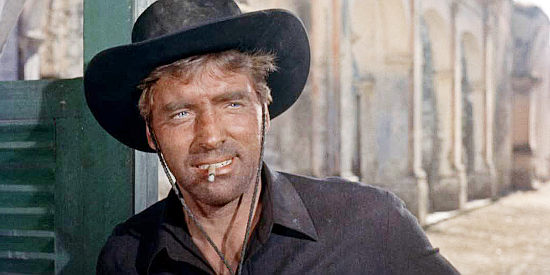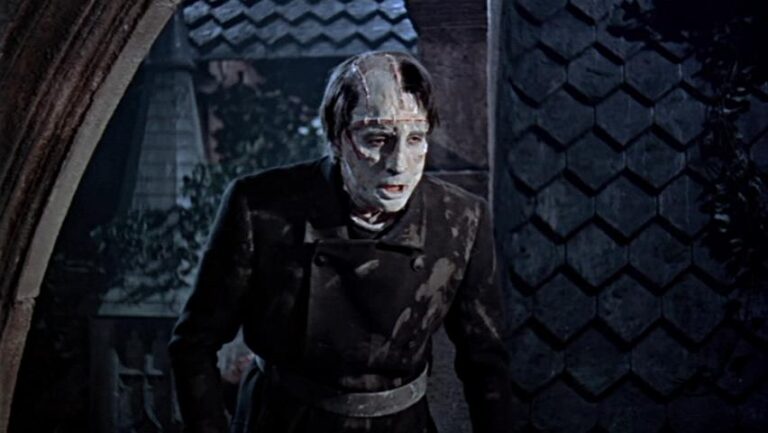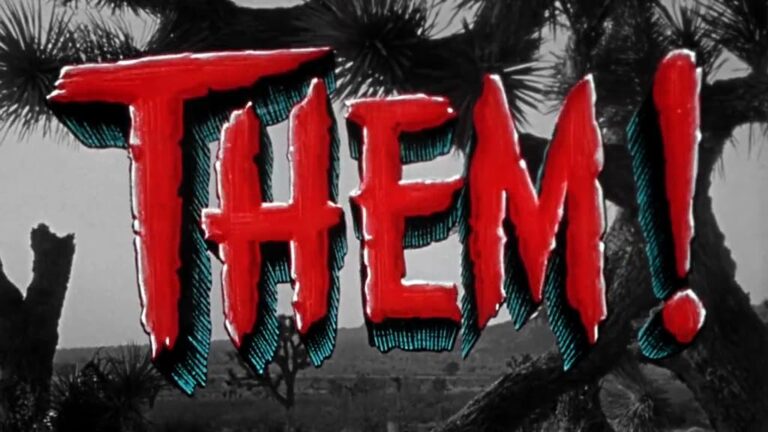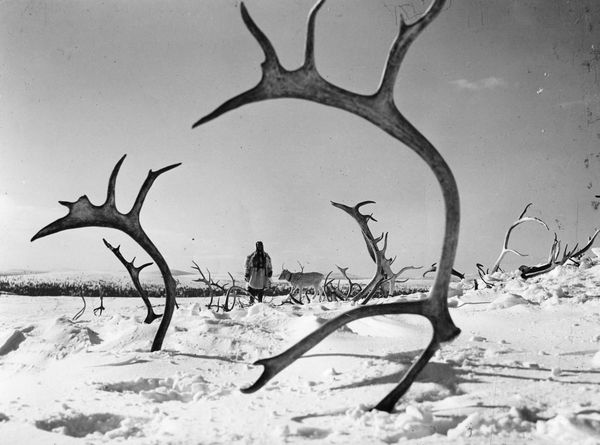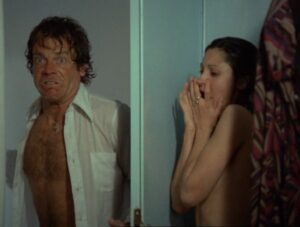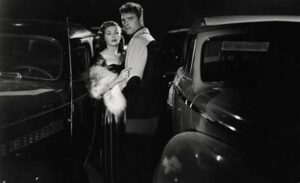Directed by Robert Aldrich
Written by Roland Kibbee and James R. Webb
Starring:
- Gary Cooper as Benjamin Trane
- Burt Lancaster as Joe Erin
- Denise Darcel as Countess Marie Duvarre
- Cesar Romero as Marquis Henri de Labordere
- Sara Montiel as Nina
- Ernest Borgnine as Donnegan
- Charles Bronson (credited as Charles Buchinsky) as Pittsburgh
Rating: ![]()
Robert Aldrich’s gritty western embraces the laborious task and adopts the much-needed maturity to divorce itself from Fordian romanticism and Hawksian fraternal lyricism by going all-in on amoral savagery and remorseless thuggery. Burt Lancaster plays a tough-talking desperado and Gary Cooper plays a disgruntled ex-confederate soldier, both – albeit perfidious and avaricious – are mythologized as cool, nimble gunslingers, but the mystique of the myth fades when Aldrich implies – but ably refuses to divulge – in his dusty, bellicose and decadent anamorphic framing that both are losers who just happen to be nothing more than handy with a gun. The two have the same scheme as many of their compatriot bandits, who ride across Mexican lands to capitalize on the Franco-Mexican confrontation and join the faction that can offer them the highest payoff.
Of the many classics released by Hecht-Lancaster Productions, Vera Cruz is among the finest, filmed on location in Mexico, squeezing the full potential of the Super 35 format to perpetuate the western folklore of violence and exert its pervasive effect on subsequent westerns. It is grittier and meaner than any other classic Hollywood western, even more layered in its unromantic revisionism than the westerns of Anthony Mann. There is poetry in the mythological aura given to the terrific villain figure of Burt Lancaster, there is romance in it yes, but it is another kind of idealization, a deeper and messier one, with no triumphs or sparkles. A tale of thieves stealing from each other sounds mundane, but Vera Cruz makes it gripping and indelibly moving. Gary Cooper’s Ben Trane fleshes out with uncanny precision the alienated, disillusioned morale of the vanquished confederacy, and Lancaster’s Joe Erin provides the cynical backbone to the bitter amorality that suffuses the film. The latter is one of the nastiest, most charismatic baddies the American western has ever seen, and Lancaster possesses him with legendary bravado.
